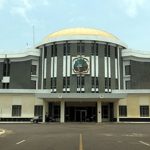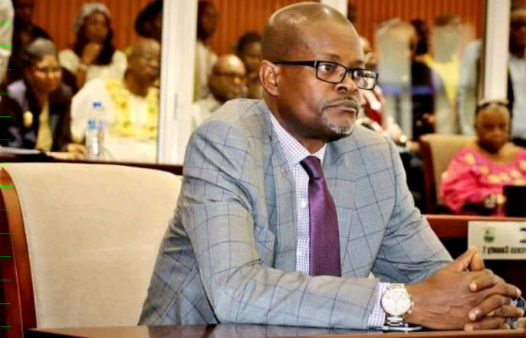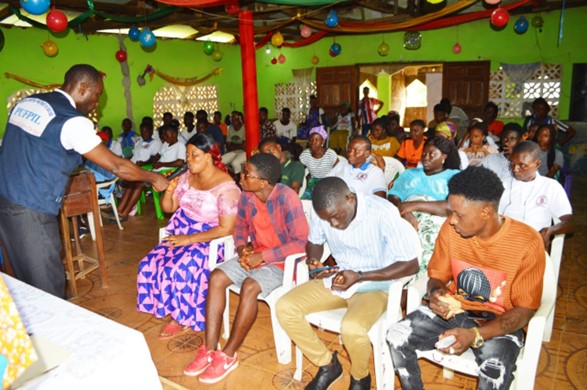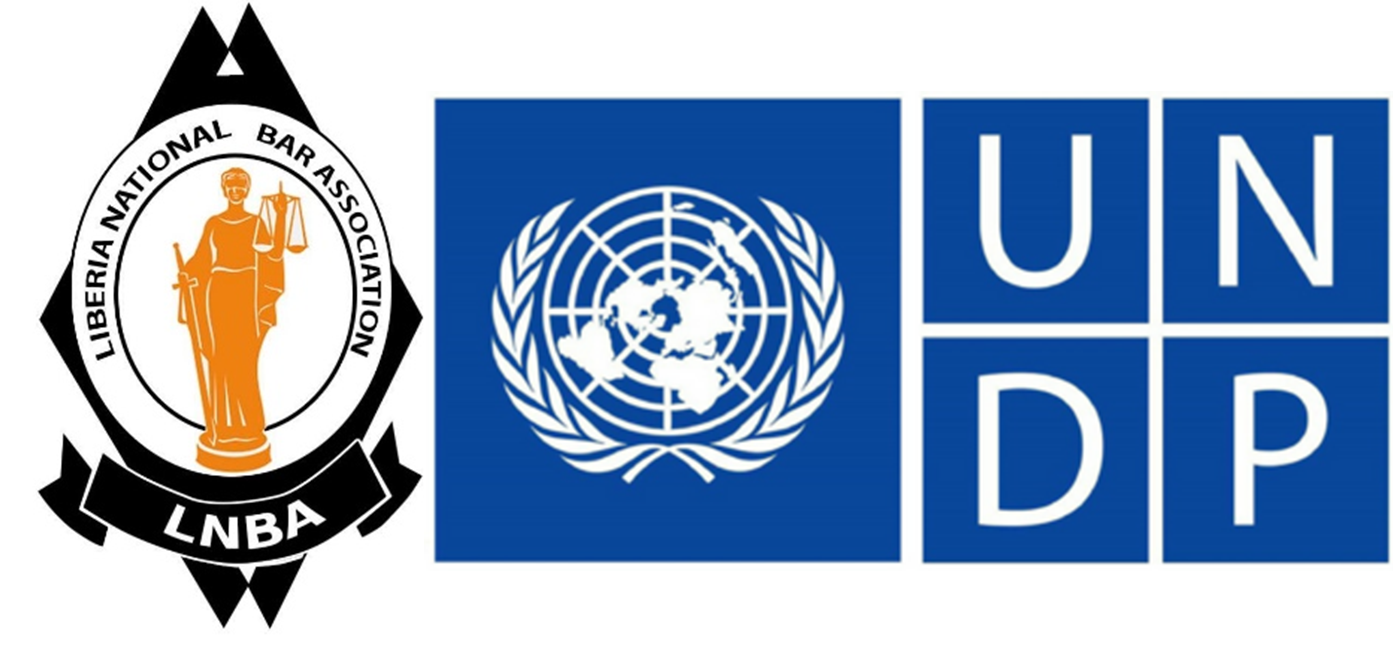President George Manneh Weah has suspended import tariffs on agriculture products and materials with immediate effect.
President Weah’s action is contained in Executive Order #115 issued Monday, January 23, 2023, which aims to solidify the gains realized under Executive Order No. 106 and to continue to accelerate the development of the forestry and agricultural sectors in Liberia.
The action furthers the government’s determination to seek and promote a stable macroeconomic environment that enables private-sector-led economic growth, greater competitiveness, and diversification of the economy.
The order is consistent with the PAPD, the Liberian government and international partners’ determination towards making tremendous strides to boost the agriculture sector by working with key market players to make agriculture affordable for farmers through; inter alia, farm development and management, aggregation, good agriculture practices (GAP), training and enabling legislation that would boost agriculture output.
The President also indicated that the decision stemmed from the findings of local and international partners in the agricultural sector and the government’s internal review process which discovered that the tariffs associated with agriculture Inputs are high and affecting the agricultural sector adversary and poor rural farmers who rely predominantly on agriculture for their livelihood.
Dr. Weah indicated in the order that it is also against the realization that the causal effect that such high tariffs have on the agricultural sector and livelihood of rural farmers contravenes its agenda to promote a stable macroeconomic environment, enable private-sectored economic growth, competitiveness and diversification in the Liberian economy.
The President envisioned that by lowering the tariffs associated with the importation of agricultural inputs, the imports of agro-distributors would increase, and the price of agriculture input farmers would be lowered.
It is further projected that by reducing the tariffs on agriculture inputs farmers would be able to access high-quality agriculture inputs at affordable prices, agricultural productivity would improve, agricultural activities would become commercially viable, product consistency would increase and local farmers would have sustained high incomes.
President Weah reckoned that the effect of reduced tariffs on the agricultural sector brings the government closer to achieving United Nations Sustainable Development Goal (#2) of ending hunger, improving nutrition, achieving food security and promoting sustainable agriculture.
Agriculture products exempted under Executive Order #115, as was in Executive Order #106, are live cattle (bovines) for breeding, lLive pigs (swine) for breeding, live sheep and goats (small ruminants) for breeding and live fish for breeding.
They also include all types of agriculture seeds and planting materials (cereals, pulses, oilseeds, fodder, and vegetables and other crops), including rice for sowing under chapter 10 and of the Harmonize Coding System (Custom Tariff).
Others are all types of agriculture seeds for sowing under chapter 12 of the Harmonized Coding System (Customs Tariff) Ingredients (raw and processed) used in animal, fish and poultry feed preparation commercially prepared or complete feeds for farm animals, fish and poultry-feeds, also included.
President Weah said there is a strong need to act with urgency, being fully aware that an amendment to the Customs Tariff of Liberia of 2017 to affect tariffs currently imposed on agricultural inputs would require a lengthy legislative process that would not be in the public interest.
He also realized that the temporary suspension of tariffs on agriculture inputs would solve the aforementioned issues in the short term until such a time when the government deems it necessary to enable proper legislation.
President Weah has accordingly mandated the Minister of Finance and Development Planning to, in consultation with the Minister of Agriculture and Commissioner General of the Liberia Revenue Authority (LRA), establish the processes and procedures by administrative regulation for the granting of tax exemption to eligible beneficiaries in the agriculture sector.
According to the President, importers of agriculture inputs shall pay only customs users fees (CUF) and the ECOWAS Trade Levy (ETL) where applicable, and added that beneficiaries of the Executive Order must be directly involved in the agriculture sector, as verified by the Ministry of Agriculture.






